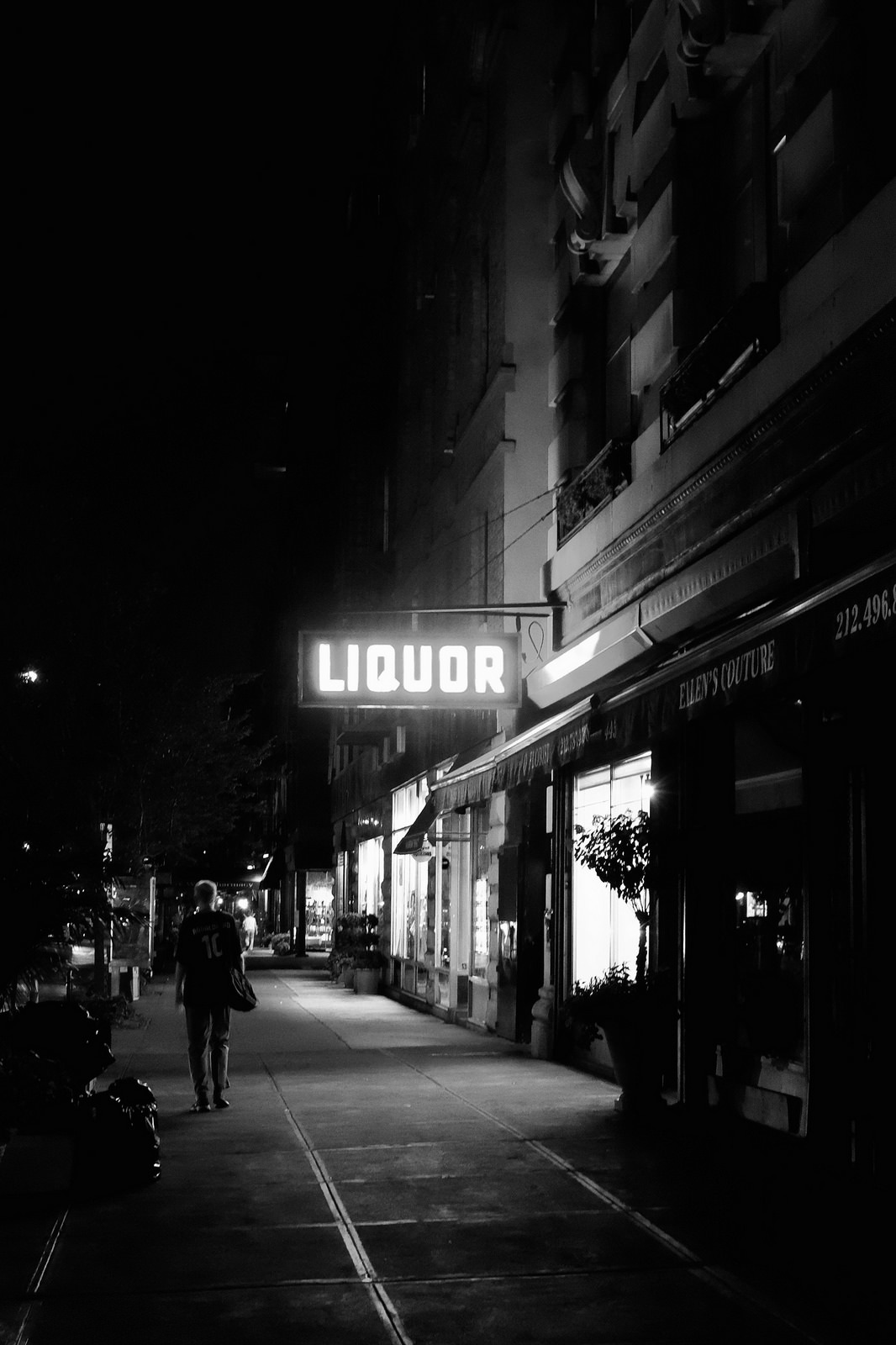| If you look at it in the traditional way, which is to say, like a cynic, the news from the Centers for Disease Control and Prevention this week was hardly earthshattering. Utah ranks among the states with the lowest rates of death due to cirrhosis of the liver. Of course, the traditionalist would say. Cirrhosis is a drinking disease, right? In Utah, because of the predominant religion, people don’t drink as much. But look closer. Pennsylvania also ranks low on the list — lower than Utah. So does Massachusetts. What do they have in common? Ironically, or not, those states were part of a time.com Money story earlier this month identifying “the states with the craziest liquor laws.” “For sheer strangeness alone it’s hard to beat Pennsylvania…” the story said, referring to its Quaker roots and its strict laws allowing liquor to be sold only through 600 state-run stores. But if Pennsylvania has Quakers, “Massachusetts has Puritans.” |
| | “If that conjures an image of dour finger waving, you’re not far off the mark,” the story said. Why, “Massachusetts law bans happy hours and drink specials…” It’s even against the law to play drinking games. Imagine! Religion sure leads to strange rules! But, as you might guess, real nuttiness has only one name — Utah. Bartenders have to mix drinks out of the sight of customers. If you order a drink, you also must order food. The story quotes the state’s tourism board as saying a lot of places have strange liquor laws. “True, Utah. But yours may be the weirdest.” Haha, everyone! Let’s all laugh at the places that won’t let adults be adults. That’s the familiar message; the one a culture awash in television commercials showing one side of the matter keeps pushing. But beautiful, smart people sipping drinks on a sunset-washed beach don’t tell the whole story. Here is something you don’t hear too often in those accounts: “Stronger alcohol policy environments are associated with lower alcoholic cirrhosis mortality rates.” That’s from the CDC report. It’s a fancy way of saying the states with the toughest liquor laws have the fewest people dying from a drinking-related disease. Here’s something else it said: “State alcohol policies aimed at reducing alcohol consumption in the general population are more strongly associated with reduced binge drinking than are more targeted policies, such as policies focusing solely on underage drinking or impaired driving.” Really, this shouldn’t surprise anyone. Utah’s liquor laws have the stated purpose of making “liquor available to those adults who choose to drink responsibly — but not to promote the sale of liquor.” The state Department of Alcoholic Beverage Control’s website also says, “By keeping liquor out of the private marketplace, no economic incentives are created to maximize sales, open more liquor stores or sell to underage persons.” Given what the CDC has found, this sounds like a morally responsible position. A ridiculous position would be to insist that the opposite wouldn’t lead to more consumption. The study came on the heels of another CDC report on the cost of excessive drinking to the U.S. economy. The exact figure in 2010 (the latest year calculated) was $2.05 per drink. That’s up from $1.90 in 2006, something Dr. Robert Brewer, head of the CDC’s alcohol program, finds troubling, “particularly given the severe economic recession that occurred during these years.” The CDC considers having five or more drinks on one occasion as excessive for men, four or more for women. The costs were calculated as reduced productivity in the workplace, crime and what it takes to treat people for health problems caused by drinking that much. The total figure is $249 billion. The World Health Organization put a global perspective on this last year, figuring harmful drinking cost 3 million lives in 2012. It noted that other studies have linked alcohol to more than 200 health problems, as well as violence and injuries. Sure, religion matters, but so do state laws. It’s time to ask, who are the crazy ones in a continent filled, mostly, with states that have liberal drinking laws? Who is acting like an adult when it comes to responsibly allowing the sale of something that can, in excess, spread misery? |


 RSS Feed
RSS Feed

